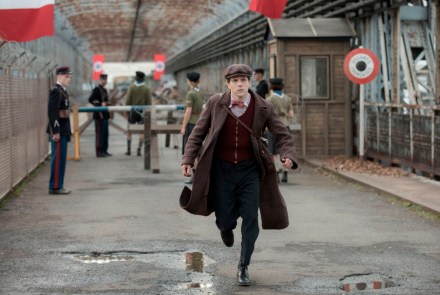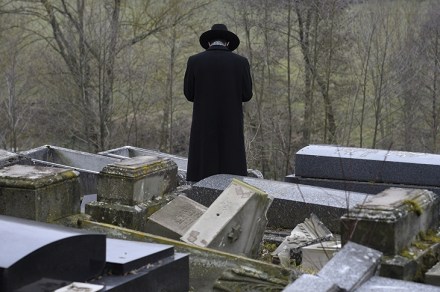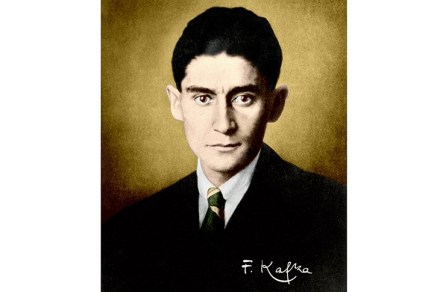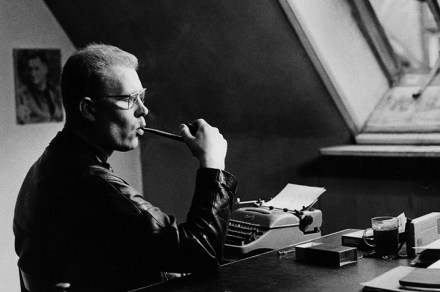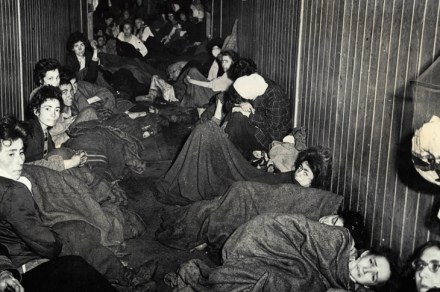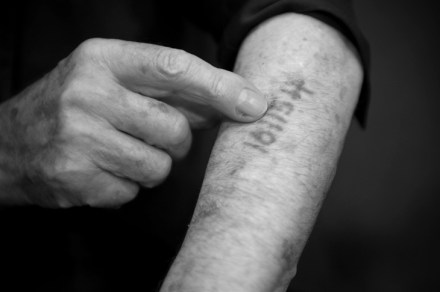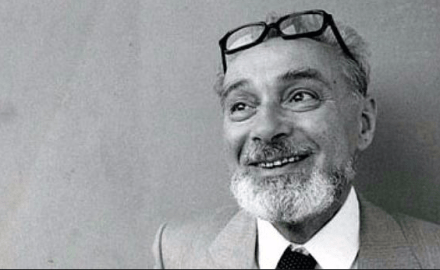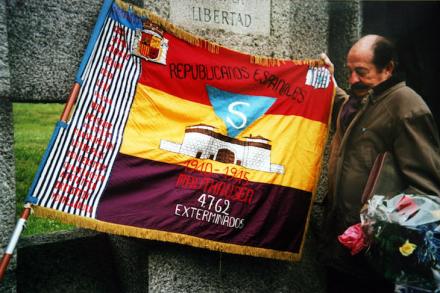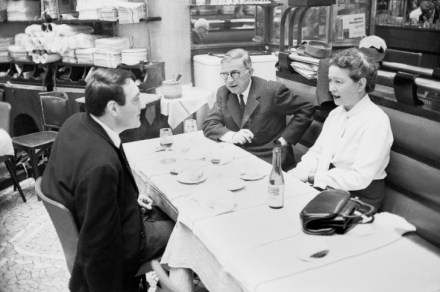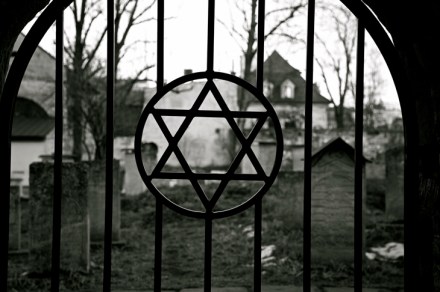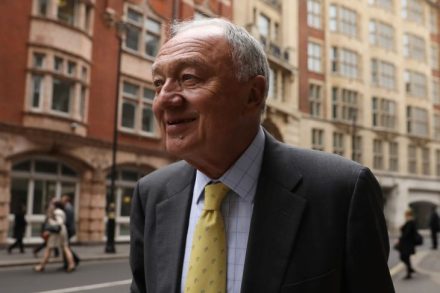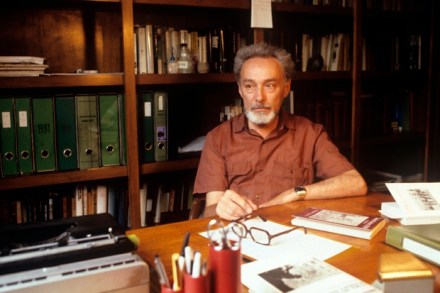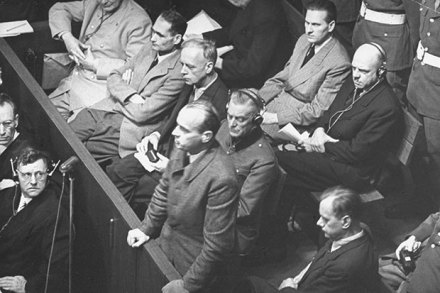A true story that never feels true: Resistance reviewed
Resistance stars Jesse Eisenberg and tells the true story of how mime artist Marcel Marceau helped orphaned Jewish children to safety in the second world war. I had no idea. I had only ever thought of Marceau as ‘Bip’, who will live on for ever in my nightmares. (God, mime.) But while the story is remarkable, the film is considerably less so, veering between overtelling and undertelling, wavering in tone and never properly coming to any kind of life. If I had to do this review in mime I’d probably be miming nodding off on the sofa but, then again, I’m pretty sure I did that for real. Written and
